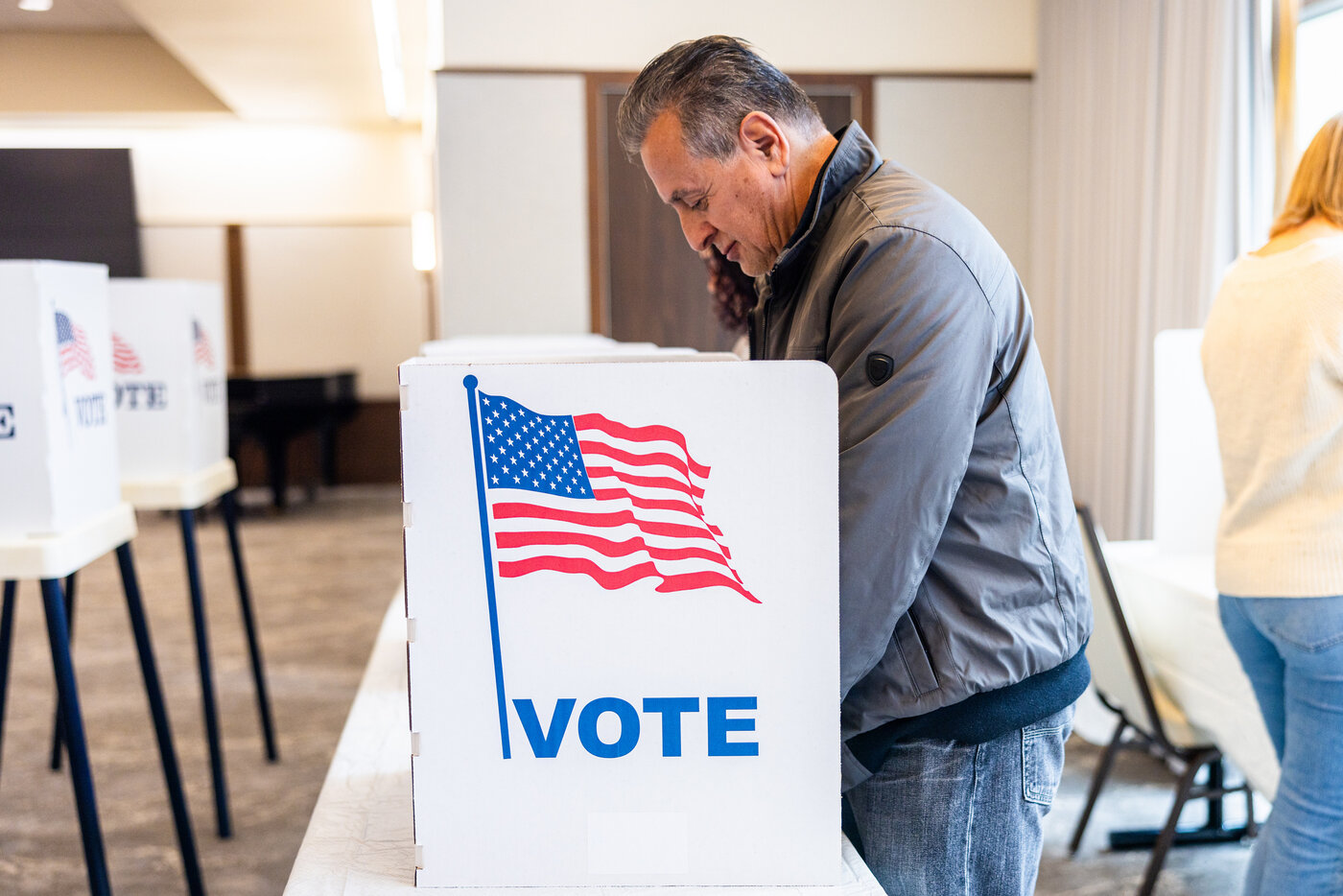Generated with
ElevenLabs AI technology.
Loading the Elevenlabs Text to Speech AudioNative Player...
Number seven in our series of occasional roundups on election law and policy:
- Register and watch: I’ll be part of a livestreamed panel from University of California, Los Angeles (UCLA), this Tuesday (March 4) at 12:15 p.m. Pacific Standard Time (3:15 p.m. Eastern Standard Ttime). We’ll be discussing documentary proof of citizenship requirements for voting and the SAVE Act in Congress. Other panelists will include Adrian Fontes, Arizona Secretary of State, and Nina Perales, Vice President of Litigation at the Mexican American Legal Defense and Educational Fund, while Professor Richard Hasen of the UCLA’s Safeguarding Democracy Project will moderate. More details and registration can be found here.
- “The New Jersey Appellate Division held that the state’s ban on fusion candidacies does not violate the State Constitution.… As elsewhere, [New Jersey’s ban on running on multiple lines] was passed in the early 20thC to entrench the major parties’ political power” [Tabatha Abu El-Haj, Election Law Blog]. Cato’s amicus program, along with groups such as the American Civil Liberties Union of New Jersey and the Brennan Center, supported the plaintiff’s position, which didn’t prevail at the intermediate court. And Andy Craig argued in this space in 2022 that First Amendment principles should disfavor fusion voting bans, which can seriously impinge on the speech and association capacity of third parties.
- I don’t blame Democrats for filing a suit challenging Trump’s assertion of control over independent agencies of the executive branch, including the powerful Federal Election Commission (FEC), or for praising the FEC’s current three-to-three bipartisan structure as one that’s not easy for a president or his party to capture (see paragraph 3), as Trump might like. I just wish they hadn’t spent years pushing a bill in Congress that would overturn that same FEC structure in favor of one their own president could control.
- The allegations from Millbourne, Pennsylvania, if borne out, will reinforce three general observations about voter fraud in the United States: It happens most often in local races, the numbers tampered with are not high (three dozen alleged here), and it typically doesn’t involve making up fake people or passing off noncitizens as citizens [Katie Bernard, Philadelphia Inquirer].
- The Reduction Clause (or Penalty Clause) in Section 2 of the Fourteenth Amendment provides that House representation is to be proportionally reduced for any state that denies the franchise to some males over 21. A lawsuit (Citizens for Constitutional Integrity v. Census Bureau) was filed on the theory that by requiring voter ID and maintaining other rules assailed as “voter suppression” by some progressives, states were denying the franchise and therefore should see their House representation reduced. A DC Circuit panel has now dismissed the suit for lack of standing. In 2021, colleague Thomas Berry identified a different trigger for the Penalty Clause that is at least in principle more objectively ascertainable by reference to actual disfranchisement, not claims of discouragement. (See this commentary on efforts to curtail states’ House representation for not adopting progressive election laws.)
- I wrote in January about a New York State judge’s ruling in Clarke v. Town of Newburgh that that state’s mini–Voting Rights Act violates equal protection, an idea that other cases have also advanced. Later that month, however, a New York appellate court reversed that ruling, so unless the Town of Newburgh appeals, the Supreme Court’s reception of that idea will have to wait for another day.

